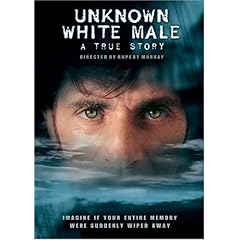Long Haul Discipleship
Got an unexpected call from one of my mentors, Dave Buehring, this morning, and he said something that really stuck with me. "Discipleship can't happen in sound bytes." What a profound sound byte!
He said it in a very casual, throw-away kinda way, but I think it's a statement of critical importance. In an age of short attention spans, meals in microwaveable boxes, and life moments reduced to 140 characters, we need to recapture the ideas of longevity and endurance.
Discipleship is a whole life journey, not an 8-week class. It's about developing the fruit of the Spirit and spiritual gifts and looking more like Christ, not about checking off a set of boxes. It's a process of becoming, not a destination. There is no way to short-circuit discipleship. It's about turning every moment of every day into an encounter with God.
Read what Paul's final encouragement to Timothy in 2 Timothy 4:
"Fulfill the the ministry God has given to you. As for me, my life has already been poured out as a drink offering to God. The time of my death is near. I have fought a good fight, I have finished the race, and I have remained faithful."These are not the words of a man who has just finished a set of sprints. These are the words of a man who is on the last leg of a super marathon. Listen to some of his words.
He has been "poured out as a drink offering to God." Are we allowing God to pour us out? Have our lives spilled out all over those that God has entrusted to us?
He "fought a good fight." If you want to shorten a fight, there are three ways you can do it- die, surrender, or win. Unless Jesus returns, the final victory is not something we can control, and I know I don't want to surrender. So I have to keep fighting until the death.
He "remained faithful." Discipleship is not about us and our schedules. It's about remaining faithful to God and the people he has put in our paths.
If someone discovers a Biblical way to shorten the discipleship process, then I am all for it. Until then, I'm going to have to find some way to follow Paul's example.










 Sacred Roads: Exploring the Historic Paths of Discipleship
Sacred Roads: Exploring the Historic Paths of Discipleship
